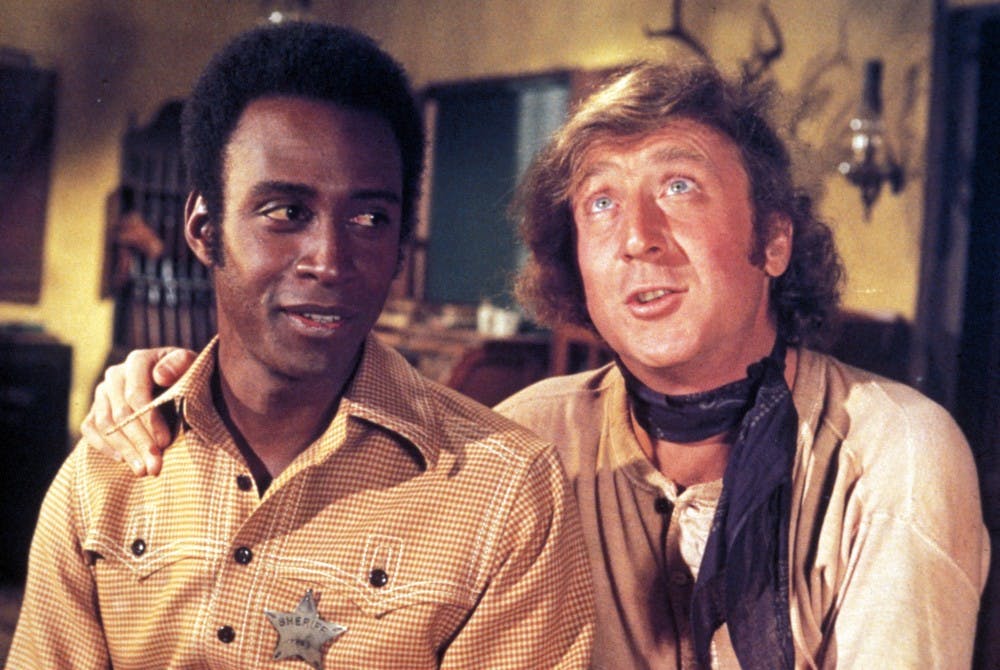There was always something special about Gene Wilder. You could see that in every second he was onscreen in any film. “Bonnie and Clyde” and “Willy Wonka and the Chocolate Factory” have nothing in common, except that they both made you love Wilder.
Wilder first wanted to be an actor who took on serious, dramatic roles. He even changed his name from “Jerry Silberman”because he thought it didn’t sound like the name of someone who would play Hamlet. He would insist that he wasn’t really funny. That’s like Yo-Yo Ma insisting that he is not that great at being a cellist.
He was very versatile when it came to making people laugh. He was great at shrieking, as he demonstrated in “The Producers.” But it was his smallest touches that were the funniest. He could bring out the humor in the most mundane lines of dialogue. He became deservedly renowned for what he could do with a single long pause.
I loved the great sweetness he had in the way he acted, both onscreen and off. There are few interviews where he doesn’t acknowledge a debt to someone who helped him. He came across as the type of person who would always be there when you needed him.
One of my favorite comedies is “Young Frankenstein.” Wilder played the lead role of Dr. Frederick “Fronkensteen” and co-wrote the screenplay. He helped ground the film with a good story about coming to terms with your roots that made the comedy stand out. Every gesture of his in that movie is not only very funny, but true to his character.
There were other comedies that Wilder wrote. In particular “Haunted Honeymoon,” which he directed, is underrated. His third wife, Gilda Radner, acted in it before her untimely death from ovarian cancer. It was fitting that Wilder would help create Gilda’s Club, an organization that seeks to provide support for people with cancer.
Wilder gradually retired from movies and spent the last years of his life writing short stories and novels. His books “The Woman Who Wouldn’t” and “What Is This Thing Called Love?” have a warm humanity to them. They are funny books, but they also deal movingly with subjects like coping with grief and trying to enjoy every moment with a terminally ill loved one.
Wilder’s death hit me harder than I thought it would. The world seems a little darker without him. But the humor and optimism of his films and books is eternal. I will always be grateful for the hours of happiness he has given me.




